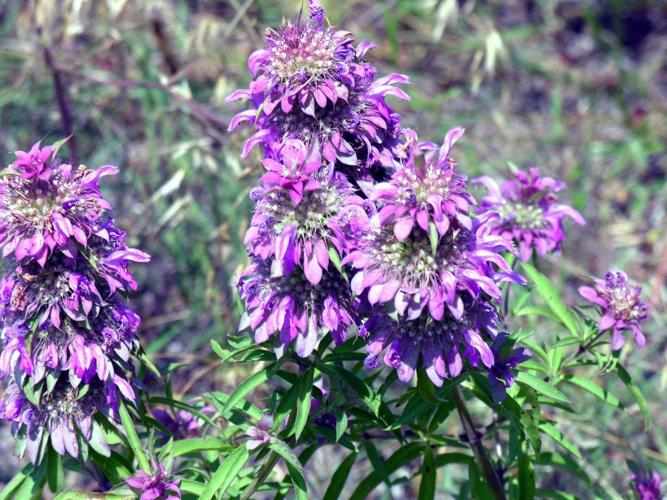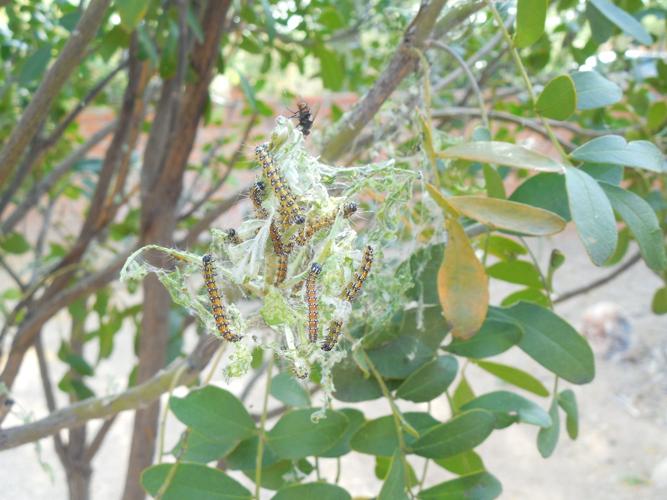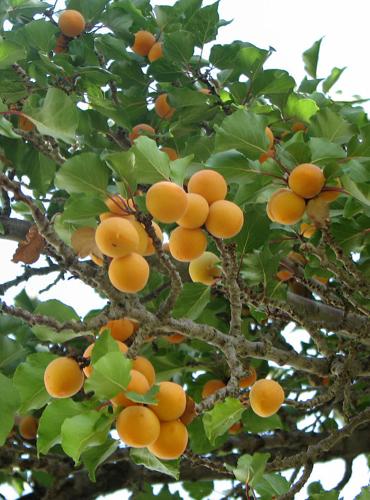Q: These caterpillar bugs are all over my Texas mountain laurel (the same one that had the red and black plant bugs in March – which I sprayed off with a soap solution). There are probably at least 10 groups of these caterpillars on the tree. Suggestions?
Answer: These insects are called genista caterpillars (Uresiphita reversalis) and they are commonly found throughout the southwest on Texas mountain laurels. Their damage doesn’t affect the overall health of the tree unless there are unusually high numbers of them. The damage is often only cosmetic. The same soap solution can be used against these caterpillars. Soap acts an irritant and doesn’t always completely solve the problem. You might get the same result by spraying them with a hose. The benefit of the caterpillars is they are food for birds so you could leave them there and put up with the minor damage the caterpillars cause when feeding. Other solutions include pruning off the infested ends of branches, hand-picking the caterpillars, and various insecticides labeled for use on landscape trees and shrubs. An organic solution is spraying Bt (Bacillus thuringiensis) on the leaves where they are feeding. This works best when the caterpillars are young and most susceptible to the poison. The Bt bacteria are poisonous to caterpillars but not to anything else. Since there are several strains of Bt, make sure you use the one labeled for caterpillar pests. As always, when using any pesticide it is important to read the label and follow instructions to protect you and those other non-target organisms that might be exposed to the spray. By the way, the red and black bugs (Lopidea major) you saw earlier this year are also just a minor pest that feeds on Texas mountain laurel.
Question: This may be an odd question but here goes: I have an apricot tree in my yard (at least 15 years old) and it was a dwarf/ semi-dwarf when I planted it. I chose one that required the lowest chilling hours. I cannot remember the type or the name. It is still a reliable producer, self-pollinating and ripens in May. Do you have any guesses what the name of it could be? I think I remember the name included the word Gold.
Answer: I suspect your apricot variety is Gold Kist. This is an excellent backyard apricot for warm winter climates. Its features include very good quality, freestone fruit, and it is heavy bearing. It is an early harvest variety, from late May to early June. It requires 300 chill hours and is self-fruitful.
Question: I have a question about compost. My neighbors have two eucalyptus trees, which shed many leaves into my yard. Are these good to put into the compost or not? I have concerns because of oil they may have in the leaves.
Answer: Eucalyptus leaves are fine for compost. They need to be broken down like any plant matter put into compost so that any compounds that are otherwise harmful will be neutralized. The oil that you refer to has been reported to interfere with germination in some plants but that is not something to be concerned about with composted material.






